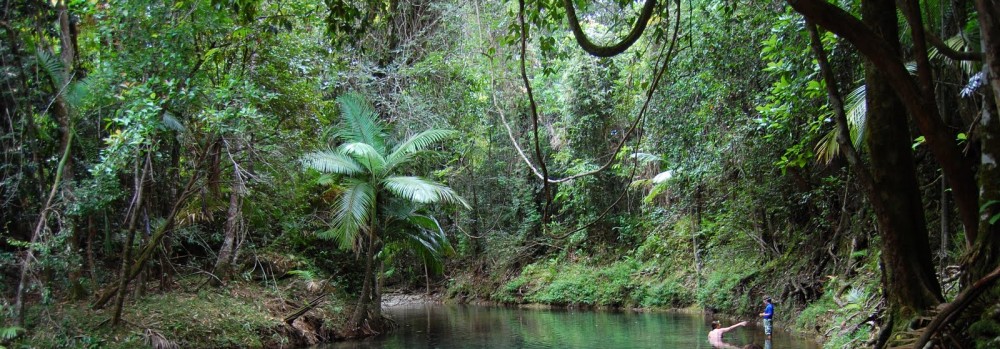Eileen Hesseling writes:
There are thousands of wonderful, excellent books in Spanish for children and that every year more and more treasures are published. The problem is not lack of good books, but rather how to learn about what is being published in other countries and where to find them here in the US. Yes, there are tedious, didactic books in Spanish, but tedious, didactic books are published in every language, even English! I don’t know how buyers for Borders or Barnes & Noble, etc. learn about what is quality literature for children that is published worldwide, but after browsing through bookstores in Madrid, Buenos Aires, and Santiago de Chile, my hunch is that they just buy whatever the US publishers deliver to them. NOT quality books. As a result, the public here thinks that that is all there is. Meanwhile the production is as rich and as varied as any in the world.
Below is a very short list of some of my favorite books followed by places to buy books and finally, sites that contain reviews of books.
Continue reading →

